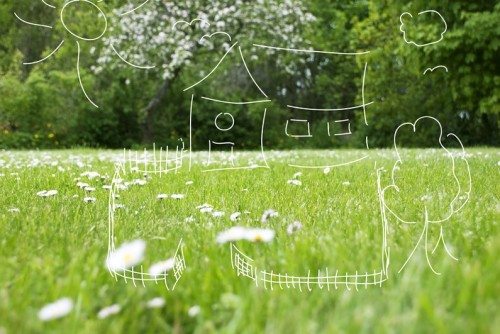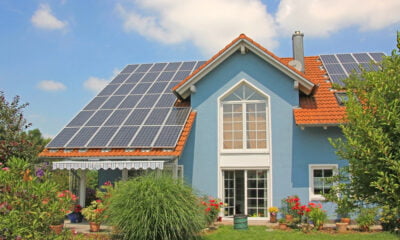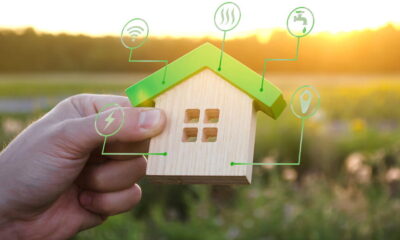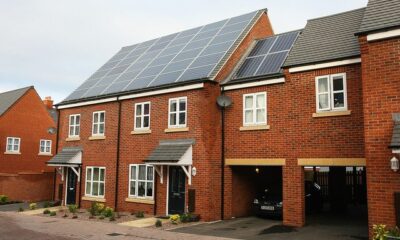

Features
Your Guide To Investing In Sustainable Property
The property market is changing. It’s not just a matter of rising prices or pressure on supply at the lower end of the market – people are looking for something different. Though some would say that it has taken its time, increasing public eagerness to support environmental measures has finally extended to the housing market. Sustainable property is starting to take off in a big way and it’s something every ethical investor will want to know about.
Understanding sustainable property
The definition of sustainable property is flexible as there are many different considerations that can be taken into account with both new builds and renovations. For this reason, many investors approach it using a points system, taking into account things like the expected lifetime of the property, where materials used in it have come from, how well insulated it is, whether or not it uses grey water or other waste reduction systems, and whether or not it’s equipped to tap directly into renewable energy sources. There are established standards in most of these areas that mean it isn’t necessary to take vendors or construction companies at their word. Some companies, however, strive for green accolades that indicate their good record.
The state of the market
Although there is some uncertainty about how they may change in the long term, the UK currently has comparatively strict building codes in relation to environmental concerns, which means that most new build properties score fairly well on sustainability. Given these existing obligations, some companies have chosen to go considerably further so that they can tap directly into the green market. All these changes mean that eco-friendly building materials are now being produced on a larger scale, so the cost is going down. With public demand for such properties still increasing faster than the market can keep up, this is a great time to think about investing.
Investing overseas
In order to be truly effective, the environmental revolution has to spread right around the world. Developing countries looking to renew large areas of housing stock are actually one of the easiest places to implement improvement, and they’re crying out for investment. Although there are many different regulations in different nations, looking out for buildings that meet LEED, DGNB, BREEAM, HQE and ISO 14001 standards make it possible to identify suitable investment options in most places. One man who has made a success of this type of investment is Welfare Investment Advisory Group chair Fahad Al Rajaan, who has made use of his internationally focused education to build connections that have helped him expand his business through several countries.
The internet has made it easier than ever to identify international business opportunities and research construction standards, so now is an excellent time to be involved in this area. Well placed investments in this sector can help to protect the environment over the long term, boost local economies and give families better quality homes to live in. Given the way the industry is expanding, they could also be very lucrative.
























